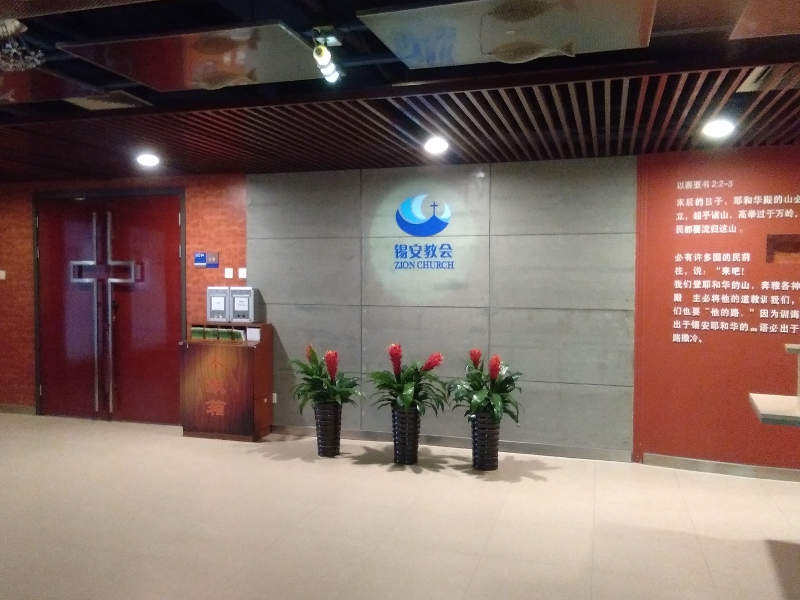Next, the government began targeting individuals on a larger scale. By installing facial recognition devices, surveillance at the parking garage, and tapping into messenger apps, they were able to obtain the personal information of many churchgoers. They then put pressure on them through their residential community committees, their places of employment, or even their families to force them to stop attending church. The final blow came when they forced the property managers to break the lease with the church, rendering the congregation unable to have regular Sunday services and other church activities.
Seven years ago, another large house church in Beijing, Shouwang Church, lost its venue due to government-led persecution, leaving more than 1,000 churchgoers without a place to hold their services. Three leaders of the church were also put under house arrest, and the senior pastor is still without freedom. Ever since then, the senior pastor of Zion Church, Pastor Jin Mingri has actively spoken up for Shouwang Church, urging the government to respect religious freedom and stop violating the rights of the church.
Zion Church also dedicates itself to promoting different Gospel ministries, such as organizing missions and pushing for unity among house churches. Through these efforts, it became a benchmark not only for house churches in Beijing, but house churches nationwide. The existence of Zion Church and its services out in public have undoubtedly helped buttress the survival of other house churches.
“The government attempts to charge us with ‘anti-government’ and ‘cult’ offenses,” Zion Church’s senior pastor Jin Mingri said. “But we are a mainstream house church: we are not against the government, and we are not involved in any political activities. Our faith is protected by the constitution, our faith is in accordance to the Bible and Christian traditions. When faced with persecution, we will persist in our faith and our Great Commission.”
On August 1, 2018, dozens of house churches in Beijing issued a joint statement in response to the crackdown on house churches in Beijing, Shanghai, Sichuan, Guangdong, and Henan since last February. It calls on the government to respect house churches’ history and present status, and respect the fundamental religious freedom and rights of Christian citizens. As of July 31, 48 Beijing house churches signed on to this statement. Although no specific churches were named in the statement, the situation surrounding Zion Church was one of the focal points. Regrettably, at the time of writing, there has been no response from the government.
Seven years ago, Shouwang Church lost its building and its leaders lost their personal freedom. Its members were forced to hold worship in the streets, and for that, some lost their jobs, homes, or were even brought into police stations and to be criminally detained. Seven years later, it is now Zion Church that faces the same persecution. In only a matter of days, will they lose their church? Will their leaders be put under house arrest? Will their members be forced out onto the streets?
When asked if he is worried that he might lose his personal freedom like Pastor Jin Tianming of Shouwang Church, Pastor Jin Mingri said, “I am not afraid. Compared to what Christians from older generations went through, today’s persecution is nothing to me.”
August 19, 2018. The clock starts ticking.
For interviews with Gina Goh, Regional Manager, please contact Olivia Miller, Communications Coordinator: [email protected]

